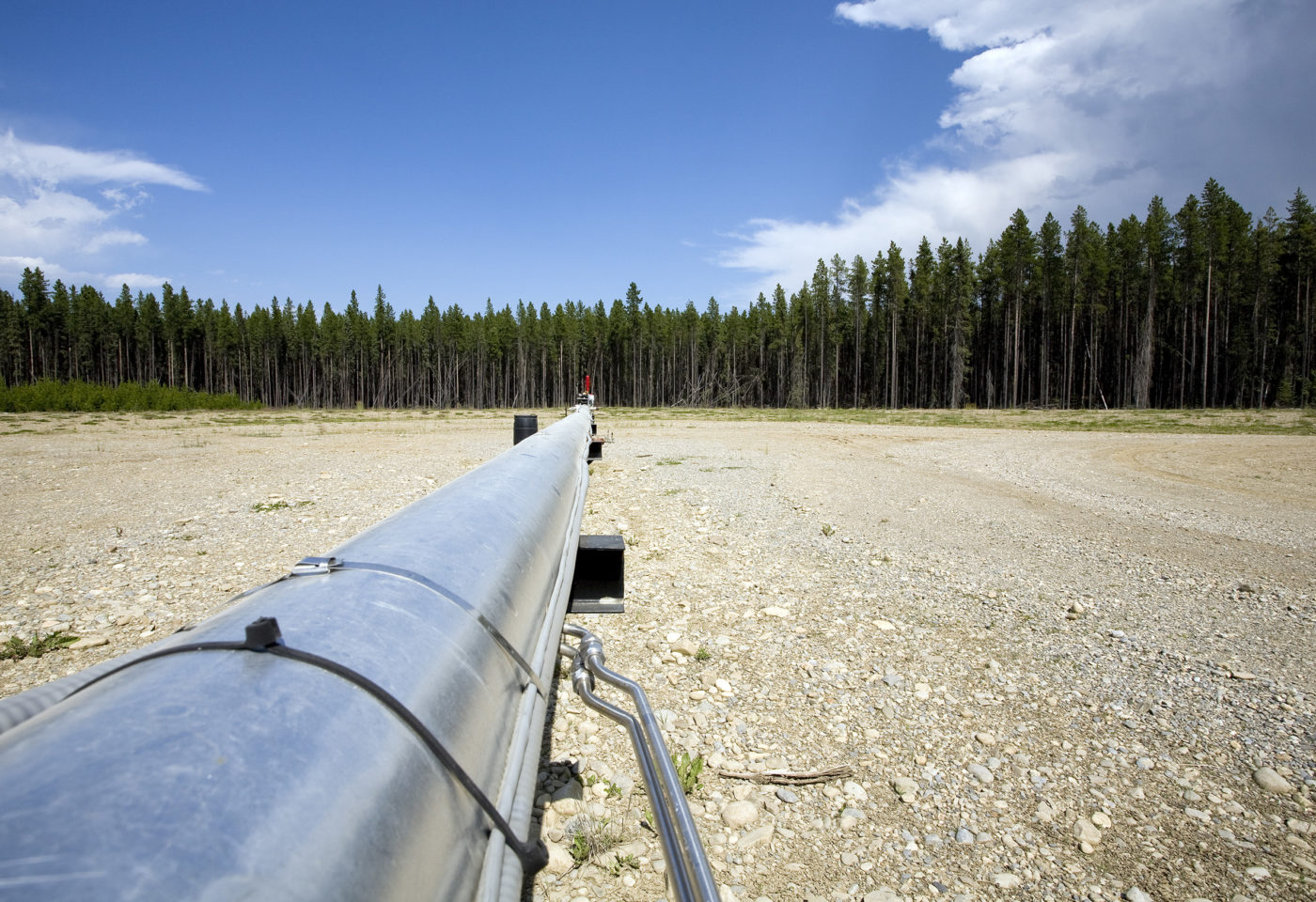By Trevor McLeod
In the Financial Post
May 11, 2017
Some reports are best left on shelves to gather dust.
This may be the best possible fate for the expert panel report delivered in early April to Environment Minister Catherine McKenna.
The report – Building Common Ground: A New Vision for Environmental Assessment in Canada – is an attempt to rebuild trust in the environmental assessment process. The panel states that its recommendations “will protect the physical and biological environment, promote social harmony and facilitate economic development.” Would that it were true.
The panel’s recommendations would certainly protect the physical and biological environment – because nothing will be built. The panel recommends a dramatic expansion of the scope of environmental assessments; it suggests that environmental assessment be renamed impact assessment and a new body – the Impact Assessment Commission – be created to conduct reviews. The Impact Assessment Commission would be empowered to determine if projects meet the five pillars of sustainability – environment, social, cultural, health and economy.
On the surface these words sound great, but this new commission would duplicate the function of the National Energy Board. The NEB currently makes public interest determinations which consider economic, environmental and social interests. It makes no sense to have two separate bodies making two separate public interest determinations.
It is entirely possible that the panel wants the NEB stripped of its authority to make public interest determinations only to grant such authority to this new Impact Assessment Commission. If so, there are simpler ways to change out one set of decision-makers for another; it does not require the creation of a new, redundant commission.
The panel also proposes to right the wrongs of recent federal regulatory reforms by making the impact assessment system more inclusive. On the surface, this is a reasonable goal. After all, the Harper government’s energy and environment reforms did not have the desired effect of making the regulatory system faster and more attractive to investors. The problem is that with the panel’s proposed reforms, the pendulum has swung too far from efficiency.
The panel designed a hopeful, yet hopelessly complex and cumbersome process.
It accomplishes the goal of making the process more inclusive and it ensures that project proponents engage early with indigenous communities and stakeholders. But, it may also mean that significant energy infrastructure projects are a thing of the past in Canada. This kind of decision deserves transparency and should not be achieved by creating an unworkable regulatory process.
The proposed consensus-based system is nice in theory but, in practice, it would lead to gridlock and excessive delay. Project proponents and other participants simply do not often agree on the need to develop and transport oil and gas to global markets.
This problem brings us to the most egregious recommendation: That the final decision of the Impact Assessment Commission can be appealed to the federal cabinet. This provides the federal government with a political veto at the end of every regulatory process – after what can be years and billions of dollars spent pursuing a project. Minister McKenna should ask Enbridge and the Aboriginal Equity Partners how that particular pill tastes before endorsing this kind of a process.
In a parliamentary democracy like ours, where legitimacy stems from the will of the people, it is fundamental that politicians make the value judgements. Broad economic, social and cultural trade-offs are best addressed by direct representatives of the public, not unelected regulators. But elected politicians should make those determinations up front, and then have a strong regulatory process proceed, with the decision upheld. We must not create an inefficient and uncertain system that drives investment away.
To be very clear, an early political decision does not mean the regulatory review (whether in the NEB or the IAC) should be a rubber stamp. The regulator must make decisions about safety (engineering and routing) and detailed environmental issues. These important decisions can and should derail projects if high standards are not met.
What it does mean is that investors, indigenous communities and other stakeholders should not be dragged through an expensive, multi-year process only to be subject to the uncertainty of a political decision at the end. Canada needs to decide if – and under what circumstances – it wants to compete for global oil and gas markets.
If this panel report is implemented, then Canada’s competitiveness will be harmed and economic development will be hamstrung far beyond what any carbon tax might do.
Trevor McLeod is the Director of the Natural Resources Centre at the Canada West Foundation.
